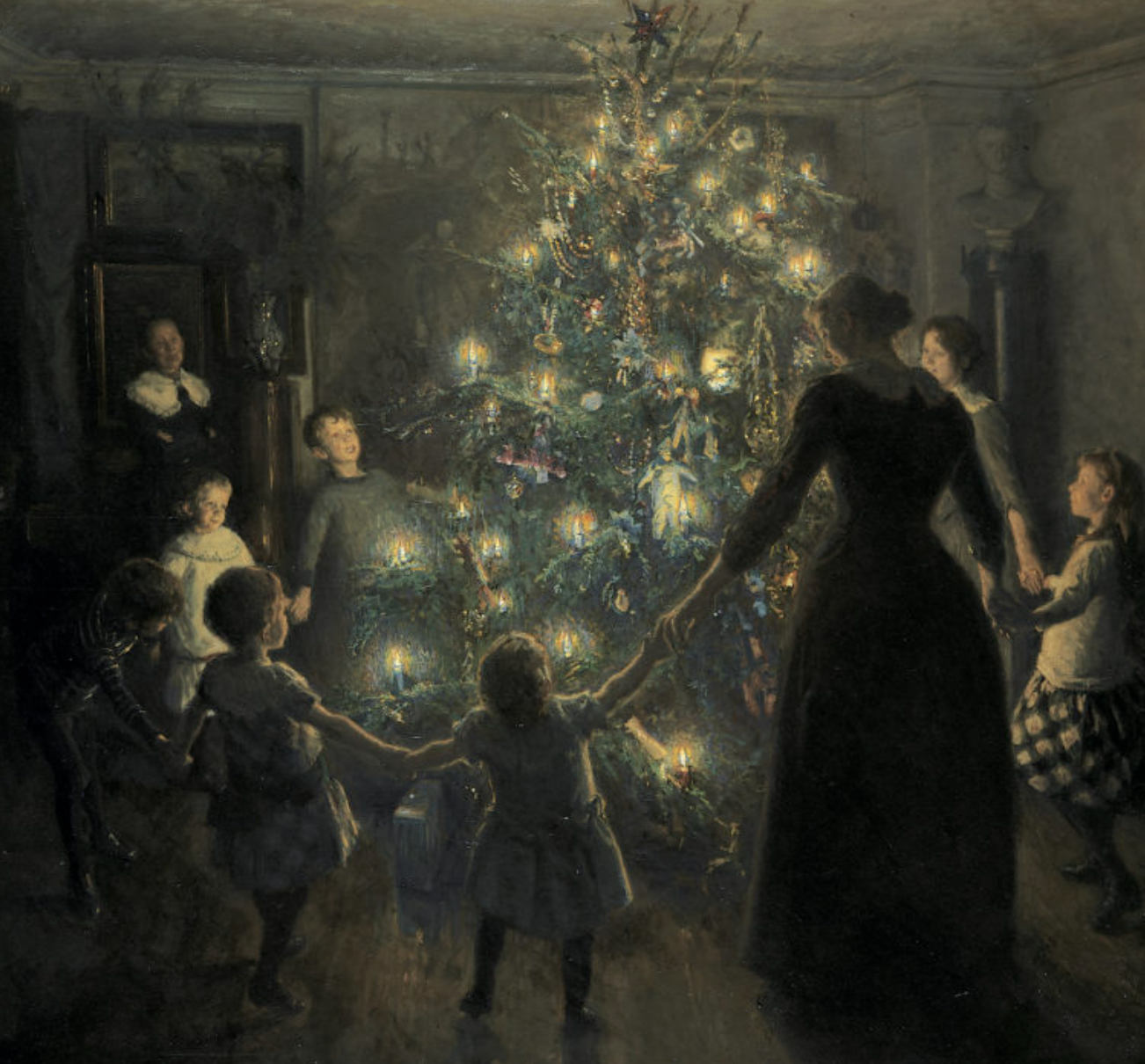Once Upon A Time 🛑 When Christmas Was Banned in Boston
Christmas Banned From 1659 to 1681
Most people don’t know that from 1659-1681 Christmas was banned in Boston. In this blog post, we delve into the historical events that led to this unbelievable ban.
The Puritan Influence:
To understand the ban on Christmas in Boston, you have to know about the religious climate of the time. Boston was founded by Puritans in the early 17th century, a group of English Protestants seeking to reform the Church of England. The Puritans believed in a strict interpretation of the Bible and sought to eliminate what they considered to be pagan influences and excesses within religious practices.
The Ban on Christmas:
In 1659, the Massachusetts Bay Colony, of which Boston was a part, enacted a law that explicitly banned the celebration of Christmas. The law declared that anyone caught observing the holiday would be fined five shillings. The reasoning behind this prohibition was deeply rooted in the Puritan belief system. They saw Christmas celebrations as unscriptural, considering them to be a remnant of Catholicism and pagan traditions.
Length of the Ban:
The ban on Christmas in Boston lasted for over 20 years. It was not until 1681 that the law prohibiting the celebration of Christmas was officially repealed. This lengthy ban meant that for a significant period, the people of Boston did not publicly observe or celebrate Christmas in any form.
Key Individuals:
While there were no specific individuals credited with initiating the ban, it was the collective effort of the Puritan leadership in the Massachusetts Bay Colony that led to its enforcement. Prominent Puritan figures such as Governor Thomas Dudley, John Winthrop, and Increase Mather played significant roles in shaping the religious and cultural landscape of the colony during this period.
The Reasons Behind the Ban:
The Puritans objected to the perceived excesses and indulgence associated with Christmas celebrations. They considered the holiday's customs, such as feasting, drinking, and merrymaking, to be ungodly and incompatible with their strict interpretation of Christianity. Additionally, they associated Christmas with Catholicism, which they regarded as a corrupt form of Christianity.
The Examination and Tryal of Old Father Christmas, (1686), published after Christmas was reinstated as a holy day in England
Legacy and Reversal:
The ban on Christmas in Boston left a lasting legacy on the city's cultural traditions. Even after the ban was lifted, the Puritan influence continued to shape the way Christmas was celebrated in Boston for many years. The holiday was initially observed in a restrained manner, devoid of the elaborate festivities commonly associated with it.
It was not until the early 19th century, when waves of Irish and other immigrant communities settled in Boston, that Christmas regained its popularity and the city's celebrations embraced a more diverse and festive spirit.
Conclusion:
While the ban may seem surprising or even inconceivable to us today, it is a testament to the historical context and the influence of the Puritans on early American society.
Were you aware of this ban? let us know in the comments!


